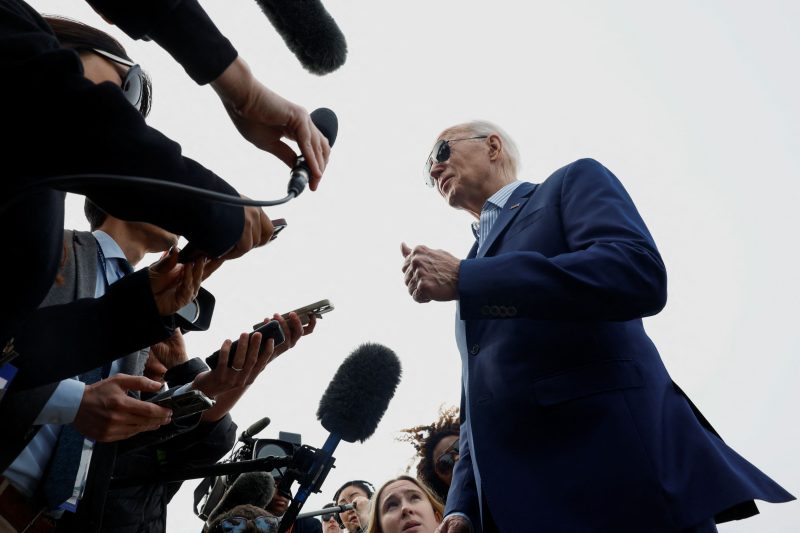In the era of digital media and global connectivity, social media platforms have become ubiquitous in our daily lives. Among these platforms, TikTok has risen to prominence with its viral videos and creative content shared by users worldwide. However, recent concerns have been raised regarding the Chinese-owned app’s data privacy and security practices, leading to discussions about potential bans in certain countries, including the United States.
The current political landscape has further amplified these concerns, with President Joe Biden expressing willingness to sign a bill that could potentially ban TikTok in the U.S. if passed by Congress. This stance reflects the growing scrutiny surrounding the app’s ties to Chinese tech companies and the potential risks associated with user data being accessed or shared without consent.
The intersection of national security, data privacy, and global trade has put a spotlight on the regulatory challenges posed by apps like TikTok, which operate across borders and are subject to different data protection laws. Faced with these complexities, policymakers are tasked with balancing the benefits of digital innovation and social connectivity with the imperatives of safeguarding national interests and individual privacy rights.
As discussions unfold on Capitol Hill, stakeholders from tech companies, privacy advocates, and government officials are engaging in dialogue to address the multifaceted dimensions of the issue. Questions around data sovereignty, information sharing, and cybersecurity measures continue to shape the debate on how best to regulate and govern the digital sphere in an increasingly interconnected world.
The potential implications of a TikTok ban extend beyond the realm of social media, touching on broader themes of international relations, technological competition, and individual freedoms in the digital age. As governments navigate the complexities of regulating tech platforms, questions of transparency, accountability, and user empowerment emerge as critical considerations in shaping policies that uphold both innovation and protection.
Amidst these deliberations, the future of TikTok and similar apps hangs in the balance, signaling a pivotal moment in the evolving landscape of digital governance and user rights. As lawmakers weigh the risks and benefits associated with these platforms, the outcome of these debates will have far-reaching consequences for the tech industry, privacy standards, and the way in which we engage with digital technologies in the years to come.
